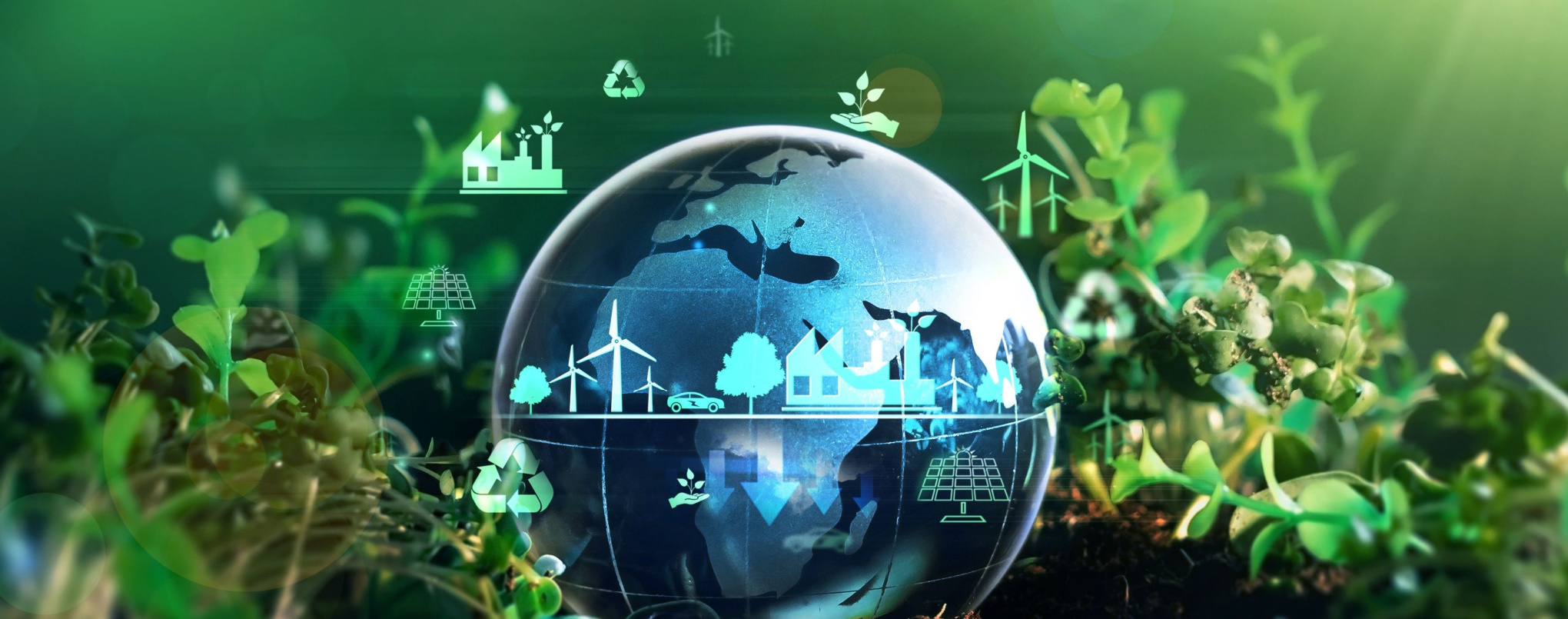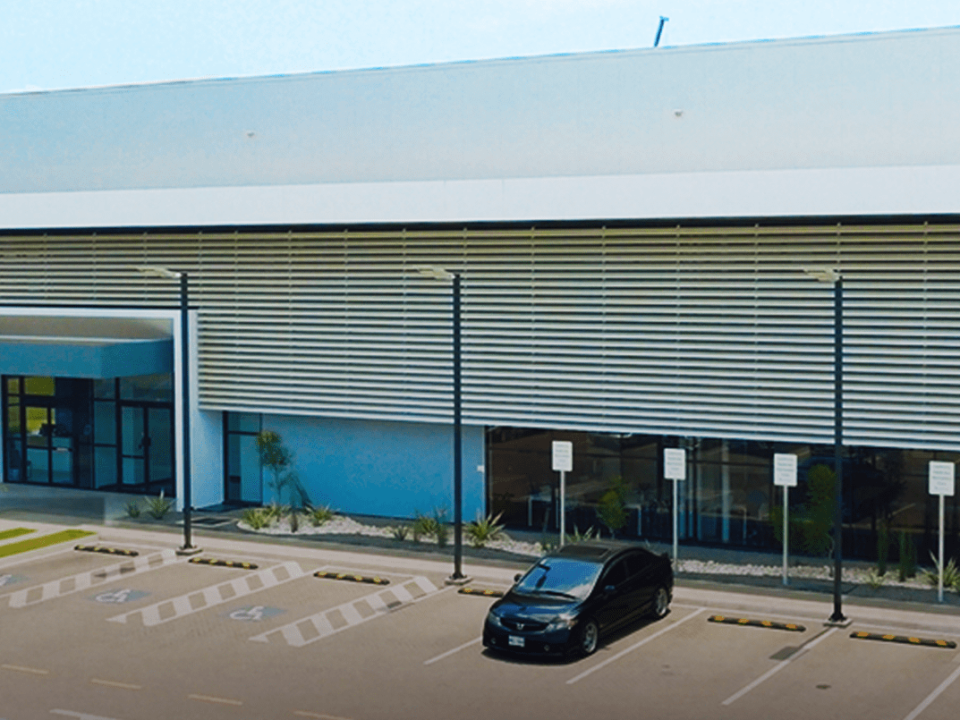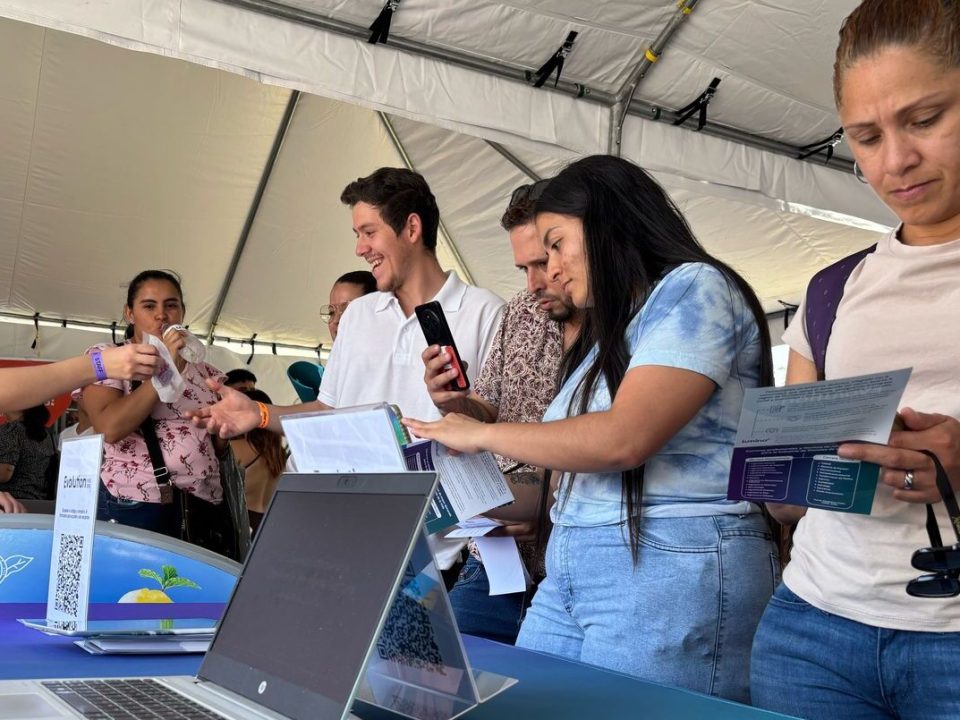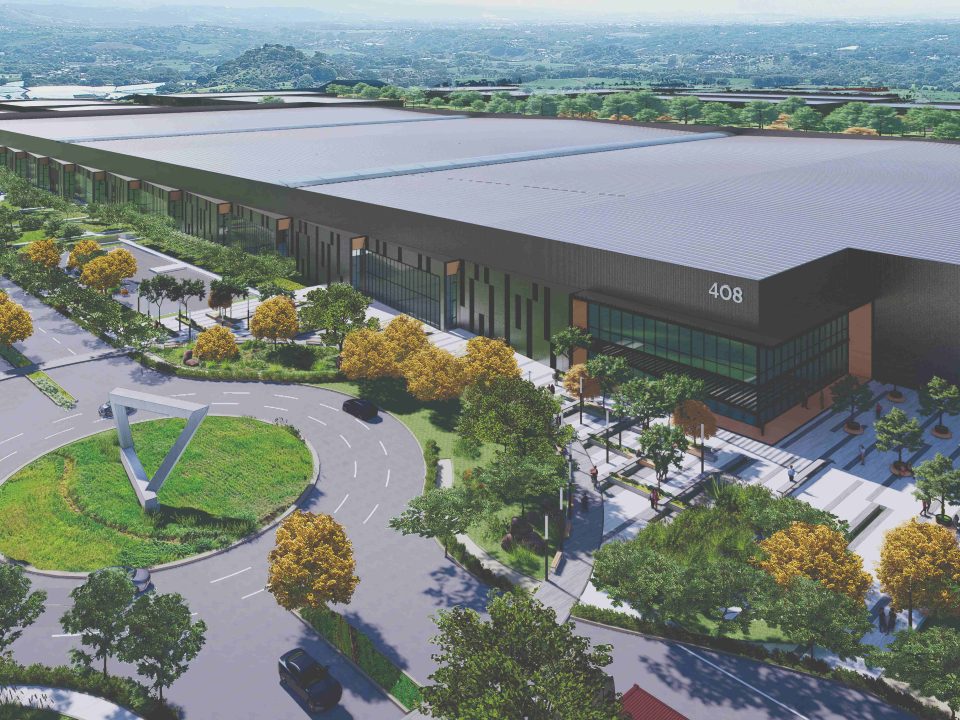

News

A 2023 wrap-up on the main trends for free zones
12 de January de 2024
The Role of Technology in Building a Stronger Global Supply Chain
17 de January de 2024Climate Change and Its Impact on Foreign Direct Investment
Navigating the Storm:
January 2024. Losses due to climate-related events have seen a significant increase, nearly tenfold, rising from a global average of 12 billion dollars per decade in 1980 to 119 billion dollars by the year 2017.
In an interconnected global economy, the winds of change blow with the force of environmental transformation. The impact of climate variation on various sectors is profound, especially on Foreign Direct Investment (FDI). As the world grapples with environmental disruptions, investors find themselves at the helm, facing challenges that reshape the investment landscape.
Understanding the context
Environmental events and climate change have a direct impact on a country’s investments. For example, in Canada, wildfires caused severe damage, devastating 5.2 million hectares, and leading to the evacuation of 32,000 people. The economy also suffered consequences; in 2021, the effects of climate change resulted in a 0.8% decrease in Gross Domestic Product.
The close relationship between environmental changes and FDI is a reality that investors can no longer ignore. Rising temperatures and the increasing frequency of extreme environmental events create a volatile environment, demanding a nuanced understanding of the evolving landscape.
Leading industries such as energy, agriculture, and infrastructure are the most affected by climate change. Disruptions in supply chains, high operational costs, and regulatory changes redefine the risk landscape for investors considering FDI. It’s a delicate balance amid uncertainty.
Climate Risk: A Call to Action
Evolution Free Zone recognizes the need for climate-resilient investments to shape the future of FDI. Faced with environmental challenges, embracing innovation is not merely an option; it’s a responsibility” says Carlos Wong, Managing Director of CODE Development Group.
Investors increasingly appreciate the importance of long-term sustainability. Climate-resilient investments offer stability amid the storms of climate change, reshaping the FDI landscape. It’s a mindset shift reflecting a commitment to overcoming environmental challenges for long-term viability.
Some examples of investments in climate resilience include:

New infrastructure with climate-resilient features.

Enhancing existing infrastructure for climate resilience.

Relocation of at-risk infrastructure to mitigate climate-related risks.

Strengthened data distribution systems, climate monitoring, and data collection.

Flood defense, wetland protection, stormwater management, rainwater harvesting, wastewater treatment relocation, reinforcing water distribution systems, and desalination plants. .
The growing emphasis on corporate social responsibility guides investment decisions. In Spain, a study showed that 94% of local investors recognize the appeal of sustainable funds. Additionally, 62% of Generation Z and Millennials consumers prefer to purchase goods, services or invest in companies with sustainable practices. Companies are adopting environmentally friendly practices not only attract consumer attention but also to draw a new wave of investors seeking alignment with sustainable values.
Collaboration is Key
Innovation is the engine of resilience,” adds Wong. “Investors are turning their attention to companies leading technological solutions to environmental challenges. This proactive approach signals a shift in climate risk management in investment strategies, fostering commitment to a sustainable future.”
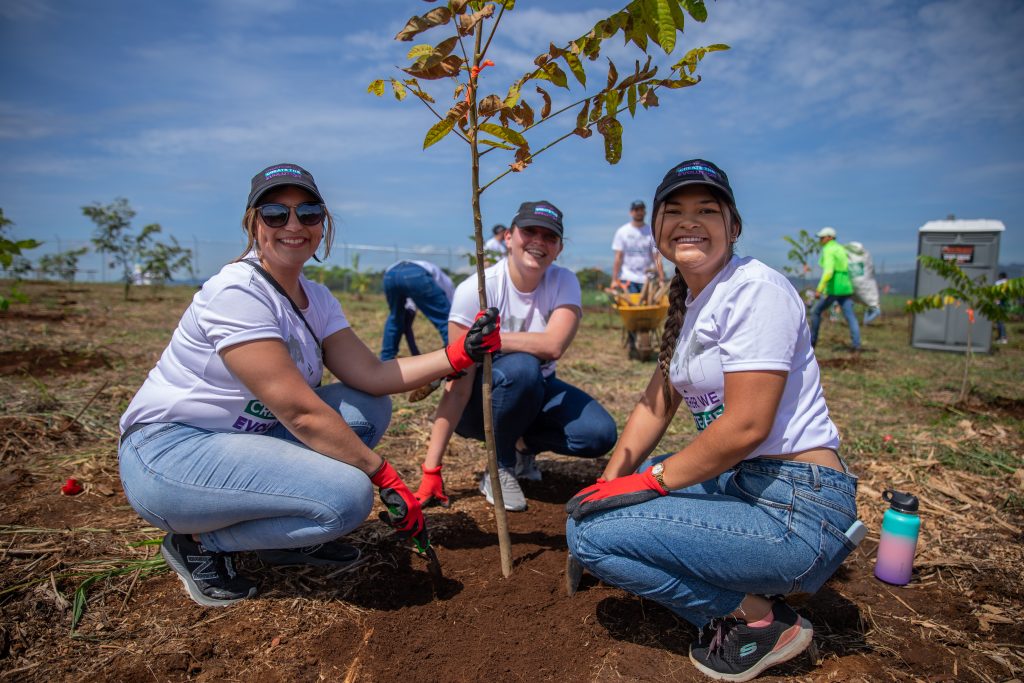
The interconnected nature of climate change demands collaboration. Governments, businesses, and investors must forge partnerships that promote sustainability and resilience. We envision a future where such collaborations are not only essential but intrinsic to the success of FDI in a changing climate
At Evolution Free Zone , we recognize the importance of collaboration and helping the planet. That’s why one of our most important pillars is sustainability. To celebrate Tree Day 2023, we worked with the Municipality of Grecia, local schools and the CODE Development Team to plant 350 native trees. This is part of our sustainability strategy, projecting to plant more than 2,500 native trees in the Grecia area.
You may see more about our efforts towards the sustainable development of our Hight-Tech Business Park and its surroundings in Our commitment towards clean energy and water preservationthis blog entry and in our 2022 CODE Development Group Sustainability Report sustainability report.
As the landscape of FDI evolves in the shadow of climate transformation, a paradigm shift becomes imperative. At the crossroads of economic development and environmental consciousness, FDI emerges not only as a response to climate change, but as a catalyst for positive evolution. The decisions made today will resonate through generations, shaping an investment landscape that confronts climate uncertainty with purpose and foresight.

